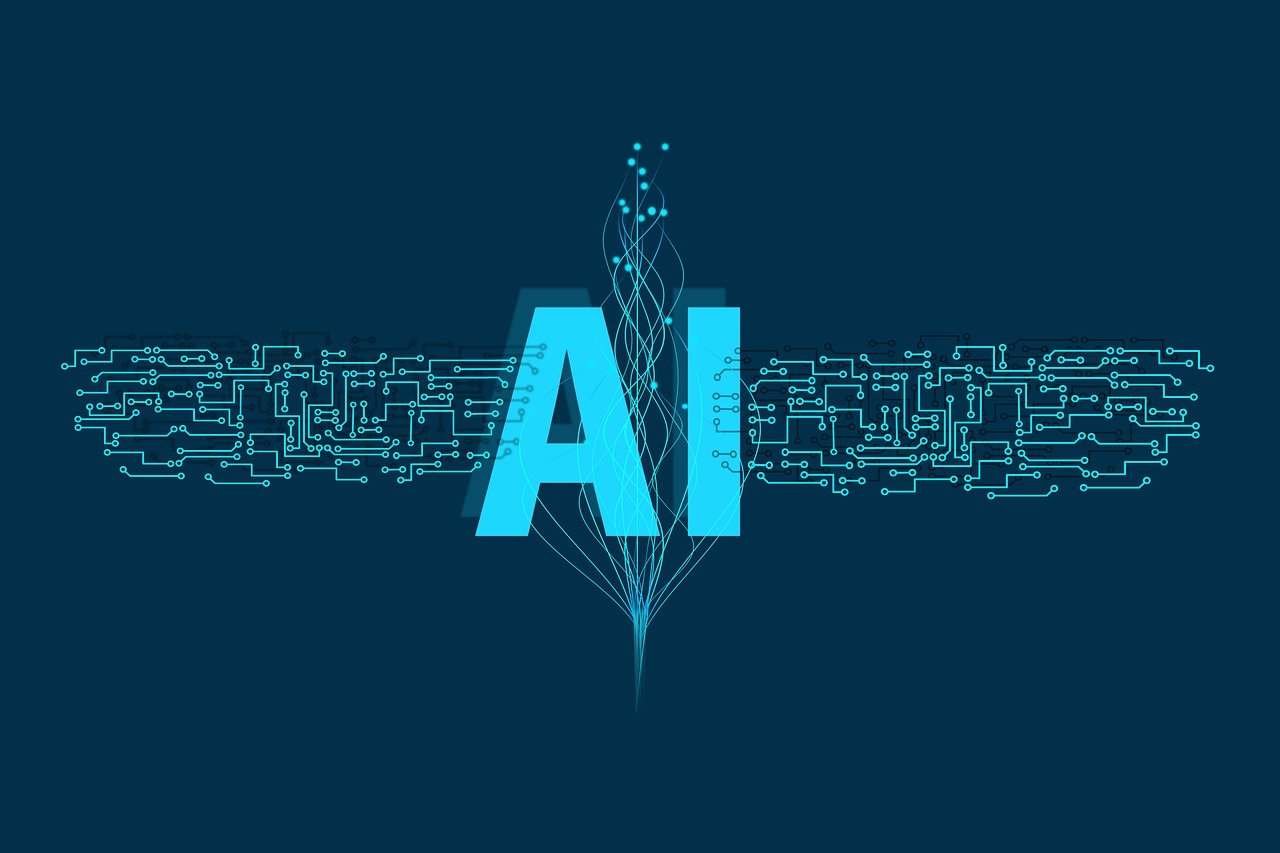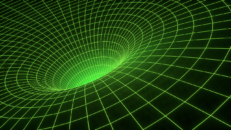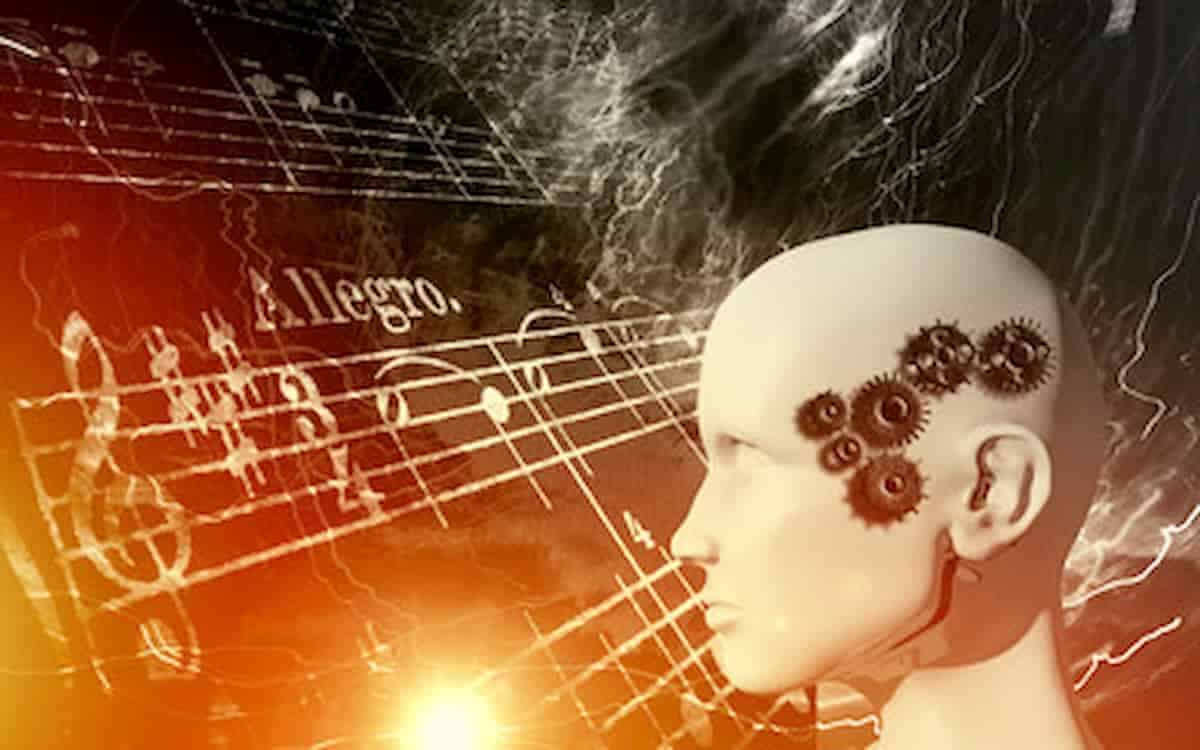For the last years, NFTs and cryptocurrencies have been all the craze, with purchasers across the globe forking over millions in a rising crypto market. Non-fungible tokens are an important aspect of Web 3.0 and the metaverse, which have emerged in their early versions as a result of this trend.
NFTs are closely linked to cryptocurrencies since they are implemented on the blockchain. Since Bitcoin is a fungible good and NFTs don’t exist, we must remember that they are contrary notions. Blockchain technology and artificial intelligence (AI) are being used by blockchain developers in the growing technology industry to improve the efficiency of smart contracts used to produce NFTs.
On the other side, AI has the ability to completely transform the way we live in the modern world. Artificial Intellect enables computers to mimic human intelligence, for example, a tool that recommends novels based on the books you’ve already read.
Decentralized exchanges like Binance and Crypto.com have embraced the NFT movement, despite the fact that most of the early NFT breakthroughs were on Ethereum. There are a number of different exchanges where an artist may now use their own NFTs to sell on the featured marketplace.
As AI and technological advancements affect and change our everyday life, the crypto market and NFTs are no exceptions. NFTs, like the rest of the crypto industry, are being transformed by AI. A very clear example of this is the creation of AI software tools like the Bitcoin Method, which allows investors to get the most out of their trading process, generate strategy, analyze the market, and forecast future price changes.
In the case of NFTs, things work comparatively differently. NFTs may evolve from simple ownership novices to intelligent, self-evolving forms of ownership that provide improved digital experiences and enhanced utility for NFT developers and users.
For the purpose of simulating human cognition, AI makes extensive use of computer technology. In the recent decade, this technology has made huge strides ahead, getting entwined in many facets of our everyday life.
How can AI turn NFTs something into more revolutionary?
A key development this year is the application of AI for NFTs. A model such as a GAN (Generative Adversarial Network) may produce fresh material after it has been trained with the
correct data set. These networks may produce one-of-a-kind pieces of art, which makes them very appealing in the area of NFTs.
Digital ledgers that aren’t interchangeable will enable artists to sell their work digitally, according to claims that artificial intelligence will be used to generate art-like graphics.
Many firms have jumped into the artificial intelligence art industry in the last few years, and the technology has shown a lot of potentials. In the wake of blockchain and cryptocurrencies, AI is once again a vital technology in strengthening the underlying infrastructure of the financial sector. At the heart of the blockchain ecosystems, is a lack of availability of off-chain data and sophisticated technologies like AI, which is a major problem.
NFTs are a natural match for computer vision developments since they are mostly visual. Convolutional neural networks (CNN), generative adversarial neural networks (GAN), and transformers have been used to extend the frontiers of machine learning in recent years. Computer vision methods such as image creation, object identification, and scene comprehension may be used in the next wave of NFT technologies. Computer vision and NFTs seem to be a natural fit in the field of generative art.
NFTs created by AI may be utilized to provide clients with a more distinctive and customized shopping experience than ever before. Alethea AI was the driving force behind the creation of “Alice,” an intelligent NFT. The more individuals it interacts with, the more information it acquires because of the NFT’s excellent self-learning capabilities. Sotheby’s auctioned this “smart” NFT for over $480,000.
The use of artificial intelligence (AI) in the production of art is only going to expand in the years to come. For example, some anticipate that NFTs will include artificial intelligence in their design so that users may speak with the software and create art. As the metaverse, or virtual world, becomes more prominent, AI-based NFTs are expected to rise in popularity.
Things To Consider
As AI and NFTs merge, there is a new economic potential that may be derived from the confluence of these two exciting phenomena.
The NFT ecosystem is most likely to profit from current developments in AI technology in the area of AI-generated content. Deep learning approaches in computer vision, language, and voice, for example, may elevate the NFT creators’ experience to new heights. Today, we may see some examples of this tendency in fields like generative art, but they remain limited in both the AI technologies utilized and the use cases they address.
AI NFTs, on the other hand, allow for generative development. With its self-learning skills, an intelligent NFT is able to develop new content and incorporate dynamic experiences into its smart contact, for example. When an NFT interacts with a certain environment or user, it is able
to gather additional information and expand its knowledge. They are not only intelligent but also dynamic, scalable, and upgradeable. The idea of an NFT that can adapt to your talks and respond to your emotions, developing together with you to produce even more complicated tokens, is appealing.
Creators and artists will be able to build NFTs based on their favorite characters, which will be interactive and intelligent. Maintaining intellectual property rights for avatars and making new digital technologies available to everyone are only some of the benefits of creating digital communities.










